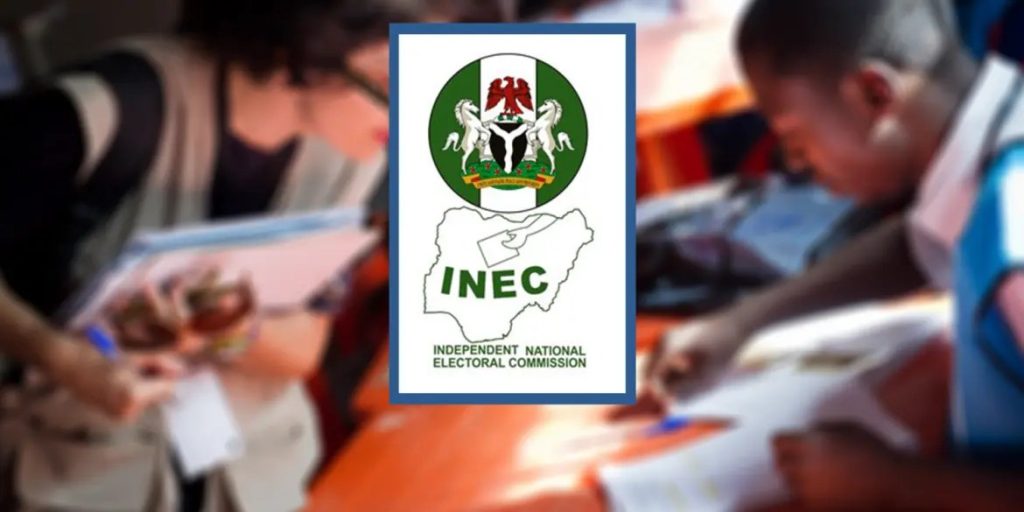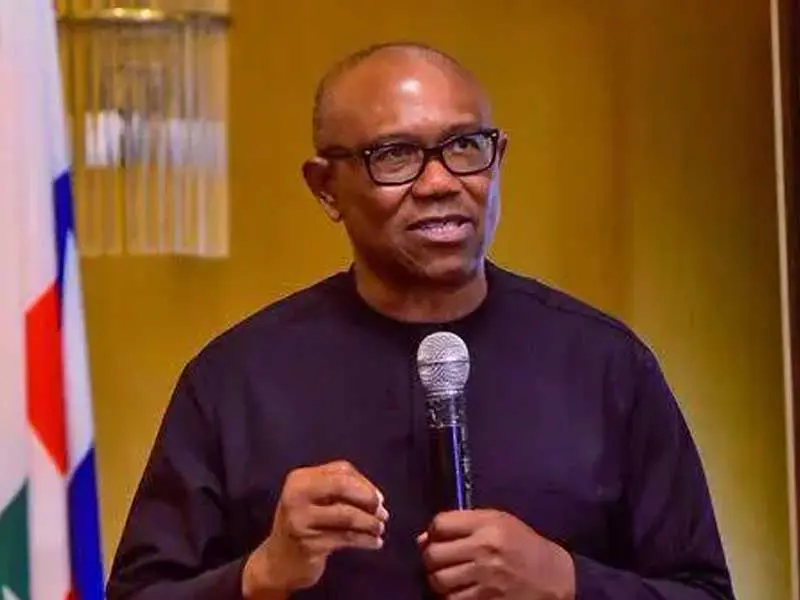South African President Cyril Ramaphosa is set to participate in two high-profile international summits this month, underscoring the nation’s diplomatic and economic priorities. The engagements include the Southern African Development Community (SADC) Heads of State summit in Madagascar and the Tokyo International Conference on African Development (TICAD9) in Japan, both aimed at advancing regional and global partnerships.
The 45th SADC Ordinary Summit, hosted in Antananarivo from August 16–17, marks a milestone for Madagascar as it assumes the bloc’s rotating chairmanship for the first time since joining the regional body in 2005. President Andry Rajoelina will take over leadership from Zimbabwe’s Emmerson Mnangagwa, with the event focusing on accelerating industrial growth, modernizing agriculture, and advancing sustainable energy transitions. Vincent Magwenya, Ramaphosa’s spokesperson, emphasized the summit’s role in reviewing progress under the SADC Regional Indicative Strategic Development Plan (RISDP) 2020–2030, which seeks to deepen economic integration and resilience.
“Delegates will assess achievements tied to last year’s theme of fostering innovation for industrialization,” Magwenya told reporters, adding that South Africa will formally accept its upcoming SADC chairpersonship for 2026–2027. The gathering at Ivato Conference Center will also address regional security and political stability through reports from SADC’s Organ on Politics, Defence, and Security Cooperation.
Following the Madagascar summit, Ramaphosa will lead a delegation to Yokohama, Japan, for TICAD9 from August 20–22. The triennial forum, co-organized by Japan, the United Nations, and the African Union, will convene over 20 African leaders under the theme “People, Planet, and Prosperity in a Changing World.” Since its 1993 launch, TICAD has shifted from conflict resolution to prioritizing economic transformation and public health.
Magwenya noted Japan’s longstanding investment ties with South Africa, citing 273 Japanese firms operating locally and sustaining 200,000 jobs. Bilateral trade has expanded steadily since formal diplomatic relations began in 1992. Ramaphosa is scheduled to address a South Africa-Japan business forum, highlighting opportunities in technology, energy, and manufacturing.
The TICAD summit will also draw representatives from multilateral institutions, philanthropic organizations, and G20 and BRICS nations, reflecting its role as a platform for cross-continental collaboration. Analysts view Ramaphosa’s dual engagements as strategic, aligning regional SADC agendas with broader global partnerships amid shifting economic and geopolitical dynamics.
The Madagascar summit’s emphasis on intra-African cooperation contrasts with TICAD’s focus on international alliances, illustrating South Africa’s balancing act between continental priorities and external engagements. With climate resilience and industrial development central to both forums, outcomes may influence policy frameworks across Africa’s public and private sectors in the coming years.



